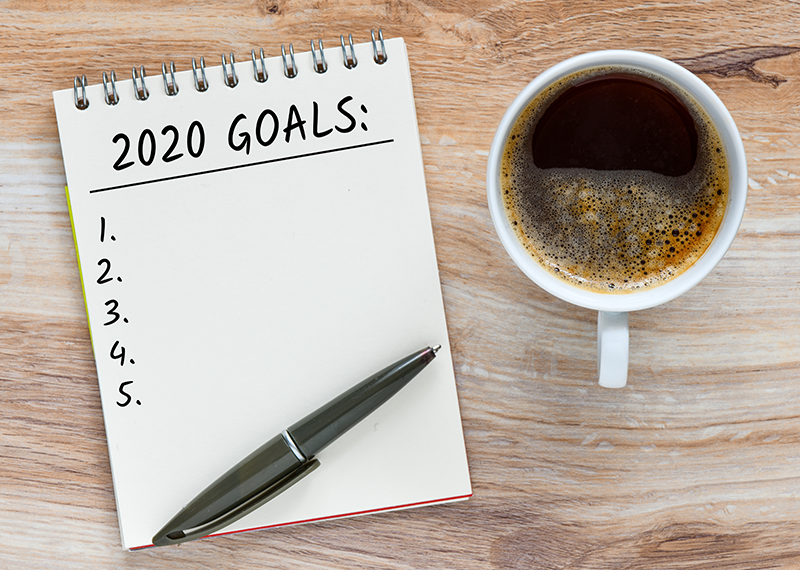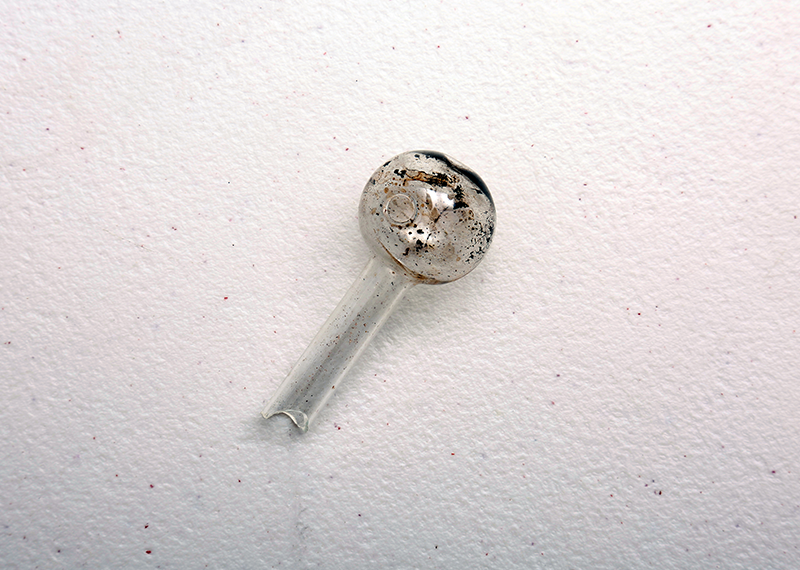Innovations in the range of evidence-based treatments, therapy and psychosocial services such as treatment centers, psychiatric rehabilitation, housing, employment and peer supports have made wellness and recovery a reality for people living with addiction and mental health conditions.
Choosing the right treatment modality and supports that work for you or your loved one is an important step in the recovery process. Treatment choices for addiction and mental health conditions will vary with each individual. Even people with the same diagnosis will have different experiences, needs, goals and objectives for treatment. There is no “one size fits all” treatment.
When people are directly involved in designing their own treatment plan, including defining recovery and wellness goals, choosing services that support them and evaluating treatment decisions and goals, the overall experience of care is much better.
There are many things that can improve and enhance the experience of healing. Therapy, social support, community involvement and education. Medication and medical assistance is also a consideration depending on your situation. How to know which modality is right for you or your loved one can be challenging. Many people start with going to an individual therapist to help navigate what they need. This is a good place to start if you are having life stressors or you simply need someone neutral to discuss and try to improve. If your issues are more pressing or you are unable to function in the capacity that allows you to have a fulfilling life, you might want to consider more. Perhaps an assessment with a medical professional like your internist or psychiatrist is indicated. You and your therapist can start by creating some goals for treatment, come up with a working diagnosis, and track your improvement over a period of a few months.
Therapy can take many forms, from learning relaxation skills to intensively reworking your thinking patterns. Social support, acceptance and encouragement from friends, family and others can also make a difference. Education about how to manage a mental health condition along with other medical conditions can provide the skills and supports to enrich the unique journey toward overall recovery and wellness. If you decide with your therapist that you may need more than therapy, ask for help in designing a plan that meets your individual needs. There are so many treatment options available and sometimes navigating through this process is daunting unless you have help.
Treatment for mental health conditions and substance use or what has been termed “dual diagnosis” or “co-occurring disorders” is not a one size fits all approach. Treatment can include therapy, support groups, treatment centers, private doctors, community mental health centers, emergency rooms, hospitalization. Knowing where to look and what to expect can help reduce confusion and stress.
Treatment centers that provide a “one stop shopping” can have many benefits. If you and your therapist or doctor have decided that going into treatment is right for you, here are some things to consider when choosing the right fit.
Some things to consider when choosing the right program for you:
- Work with your current treater to figure out what the best level of care is for you.
- Do your homework. Ask your treater and others which treatment centers they have worked with and prefer.
- Research the treatment center online, look at reviews.
- Speak to the admissions counselor and have a list of questions prepared.
- Look at the staff page on their website. Ask about specific doctors and staff and how often they are at the facility and how often you will see them.
- If possible, tour the facility




